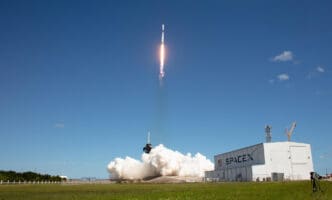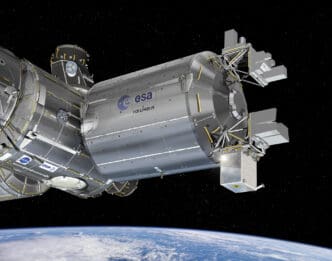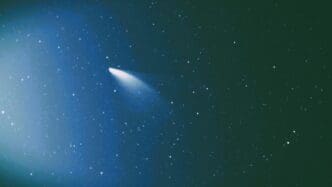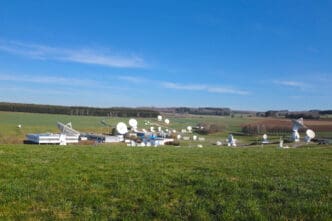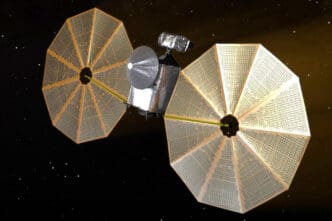NASA has announced the selection of 12 student teams tasked with developing innovative solutions for the storage and transfer of super-cold liquid propellants essential for future deep-space exploration. This initiative is part of the agency’s 2025 Human Lander Challenge, which aims to inspire and engage budding engineers and scientists as NASA, along with its partners, prepares for upcoming lunar missions under the Artemis campaign, paving the way for future expeditions to Mars.
The commercial human landing systems being developed will serve as the principal mode of transportation, carrying astronauts and substantial cargo from lunar orbit to the Moon’s surface and back. Entering its second year, the competition invites university students and their faculty advisors to create pioneering solutions for in-space cryogenic liquid propellant storage and transfer systems. Maintaining the extremely cold temperatures required for cryogenic fluids, such as liquid hydrogen and liquid oxygen, is crucial to their liquid state. The ability to efficiently store and transfer these fluids in space will become increasingly vital for future long-duration missions.
Current technologies permit the storage of cryogenic liquids for only brief periods. However, upcoming missions will necessitate systems capable of functioning effectively over several hours, weeks, and even months. To support the development of their concepts, the 12 finalist teams have been awarded a $9,250 development stipend.
The 2025 Human Lander Challenge finalist teams are:
- California State Polytechnic University, Pomona: “THERMOSPRING: Thermal Exchange Reduction Mechanism using Optimized SPRING”
- Colorado School of Mines: “MAST: Modular Adaptive Support Technology”
- Embry-Riddle Aeronautical University: “Electrical Capacitance to High-resolution Observation (ECHO)”
- Jacksonville University: “Cryogenic Complex: Cryogenic Tanks and Storage Systems – on the Moon and Cislunar Orbit”
- Jacksonville University: “Cryogenic Fuel Storage and Transfer: The Human Interface – Monitoring and Mitigating Risks”
- Massachusetts Institute of Technology: “THERMOS: Translunar Heat Rejection and Mixing for Orbital Sustainability”
- Old Dominion University: “Structural Tensegrity for Optimized Retention in Microgravity (STORM)”
- Texas A&M University: “Next-generation Cryogenic Transfer and Autonomous Refueling (NeCTAR)”
- The College of New Jersey: “Cryogenic Orbital Siphoning System (CROSS)”
- The Ohio State University: “Autonomous Magnetized Cryo-Couplers with Active Alignment Control for Propellant Transfer (AMCC-AAC)”
- University of Illinois, Urbana-Champaign: “Efficient Cryogenic Low Invasive Propellant Supply Exchange (ECLIPSE)”
- Washington State University: “CRYPRESS Coupler for Liquid Hydrogen Transfer”
The finalist teams are now tasked with submitting detailed technical papers that elaborate on their concepts. They will present their work to a distinguished panel of NASA and industry judges at the 2025 Human Lander Competition Forum in Huntsville, Alabama, near NASA’s Marshall Space Flight Center, in June 2025. The top three teams will share a prize purse totaling $18,000.
“By engaging college students in solving critical challenges in cryogenic fluid technologies and systems-level solutions, NASA fosters a collaborative environment where academic research meets practical application,” stated Tiffany Russell Lockett, Office Manager for the Human Landing System Mission Systems Management Office at NASA Marshall. “This partnership not only accelerates cryogenics technology development but also prepares the Artemis Generation – the next generation of engineers and scientists – to drive future breakthroughs in spaceflight.”
NASA’s Human Lander Challenge is sponsored by the agency’s Human Landing System Program within the Exploration Systems Development Mission Directorate and managed by the National Institute of Aerospace. For more information on the 2025 Human Lander Challenge and team progress, interested parties are encouraged to visit the challenge website.
News Media Contact:
Corinne Beckinger
Marshall Space Flight Center, Huntsville, Ala.
256.544.0034
corinne.m.beckinger@nasa.gov



